detail profile aleksander bardini
Peran Yang Di Mainkan Aleksander Bardini
 Polish immigrant Karol Karol finds himself...
Polish immigrant Karol Karol finds himself...Three Colors: White 1994
Polish immigrant Karol Karol finds himself out of a marriage, a job and a country when his French wife, Dominique, divorces him after six months due to his impotence. Forced to leave France after losing the business they jointly owned, Karol enlists fellow Polish expatriate Mikołaj to smuggle him back to their homeland.
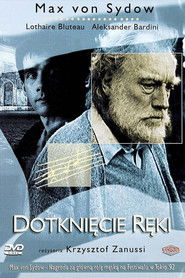 Henry Kesdi is a silenced classical...
Henry Kesdi is a silenced classical...The Silent Touch 1992
Henry Kesdi is a silenced classical composer and a survivor of the Holocaust. He is coaxed out from retirement by an inspired musicologist, Stefan, who convinces him to compose a complex symphony on his neglected piano. As a help Kesdi gets his new musical secretary. His loyal wife reluctantly accepts her as his young lover.
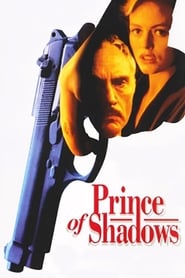 Madrid 1962 More than twenty years after...
Madrid 1962 More than twenty years after...Prince of Shadows 1991
Madrid, 1962. More than twenty years after the civil war has finished, a communist comes back to Spain to kill a traitor.
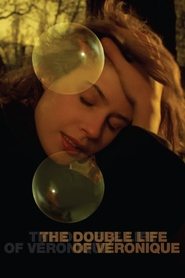 Vronique is a beautiful young French...
Vronique is a beautiful young French...The Double Life of Véronique 1991
Véronique is a beautiful young French woman who aspires to be a renowned singer; Weronika lives in Poland, has a similar career goal and looks identical to Véronique, though the two are not related. The film follows both women as they contend with the ups and downs of their individual lives, with Véronique embarking on an unusual romance with Alexandre Fabbri, a puppeteer who may be able to help her with her existential issues.
 A father and daughter Micha and...
A father and daughter Micha and...Decalogue IV 1989
A father and daughter, Michał and Anka, have a unique intimacy, which the college-aged Anka is beginning to feel conflicted about. When she finds an unopened letter from her deceased mother, it seems to justify her attraction to Michał, who may not in fact be her father.
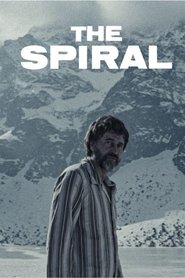 In what appears to be an...
In what appears to be an...The Spiral 1978
In what appears to be an inexplicable incident, a man drives up to a resort hotel in midwinter, throws away his car keys, enters, and proceeds to agitate everyone he meets with his urgency -- a message he is somehow unable to communicate. Then he leaves, disappearing in the snow. Later, the people he appeared to have upset have gathered to search for him and find him frostbitten, but alive. Visiting him at the sanatorium to which he has been taken, they gradually discover what was really happening.
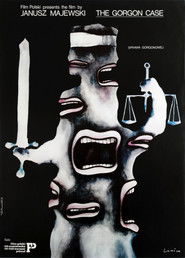 In 1931 just before the New Year...
In 1931 just before the New Year...The Gorgon Case 1977
In 1931, just before the New Year, in a house of architect Henryk Zaremba scream rips the night. The daughter of Zaremba is found killed in her bedroom, obviously killed with a pickaxe. The police arrives and starts the investigation. Rita Gorgonova, the governess of the girl and also lover of Zaremba becomes the main suspect. Film based on real events - investigation and court trials of the most famous pre-war Polish murder case. Despite being historically accurate the movie is both involving and entertaining since the case was simple on the surface, but very complicated in details.
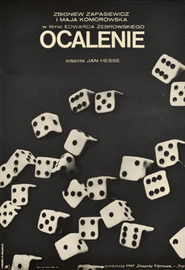 A biology professor Adam enters a...
A biology professor Adam enters a...Salvation 1972
A biology professor, Adam enters a hospital for observation. He is a loner and a serious-minded man, who dislikes any display of emotions. He spends three months in the hospital while being tested. After observing patients and hospital routines around him from a distance, he learns that he will need a kidney transplant. Meanwhile his personal and professional life is falling apart: he refuses his wife's offer to donate the kidney for him; the scientific problem he was working on has been solved elsewhere. In the end Adam cracks under the prolonged pressure, waiting for the sound of an ambulance bringing a moribund patient whose kidney may be used for the transplant.
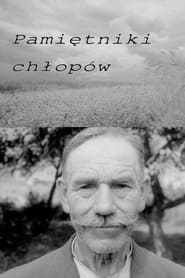 A film meant to show what...
A film meant to show what...Peasant Diaries 1952
A film meant to show what people were told to believe about the wonderful lives that Polish peasants led in post-war Poland.
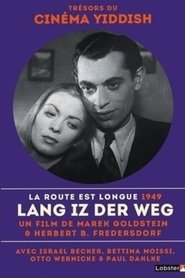 Long is the Road The first...
Long is the Road The first...Long Is the Road 1948
"Long is the Road" - The first feature film to represent the Holocaust from a Jewish perspective. Shot on location at Landsberg, the largest DP camp in U.S.-occupied Germany, and mixing neorealist and expressionist styles, the film follows a Polish Jew and his family from pre-war Warsaw through Auschwitz and the DP camps.
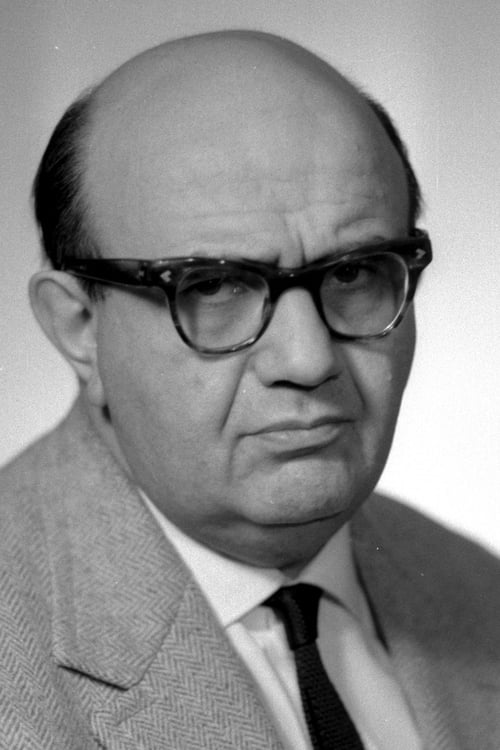
 The story of Polish pedagogue Janusz...
The story of Polish pedagogue Janusz...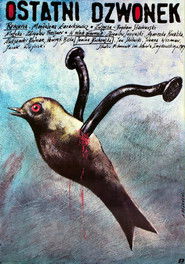 As high school students put on...
As high school students put on... Dorota Geller a married woman faces...
Dorota Geller a married woman faces...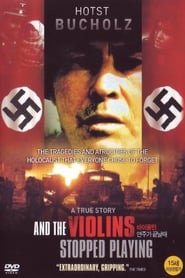 This is the true story about...
This is the true story about...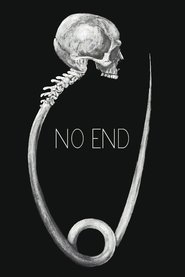 1982 Poland A translator loses her husband...
1982 Poland A translator loses her husband...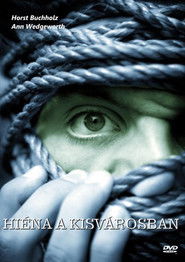 A banker troubled by both business...
A banker troubled by both business...